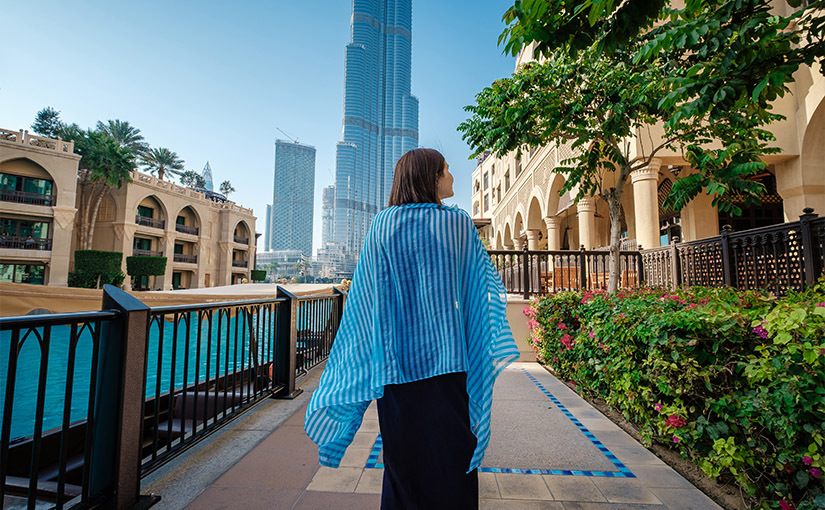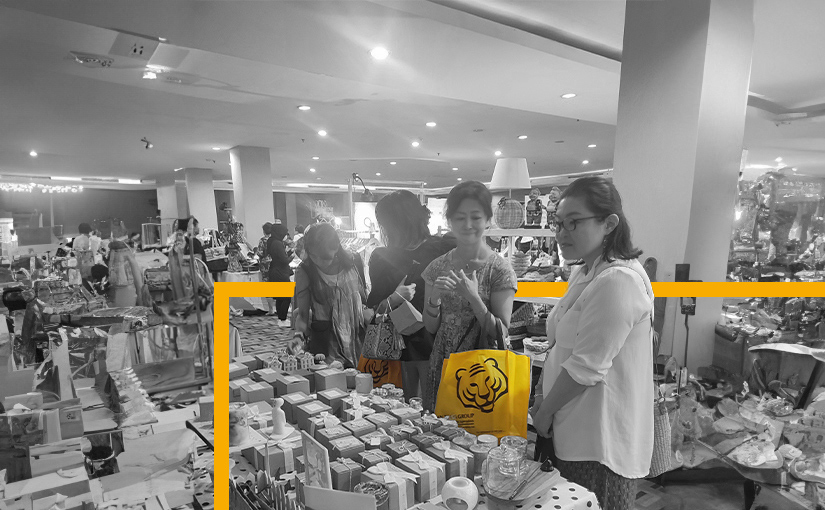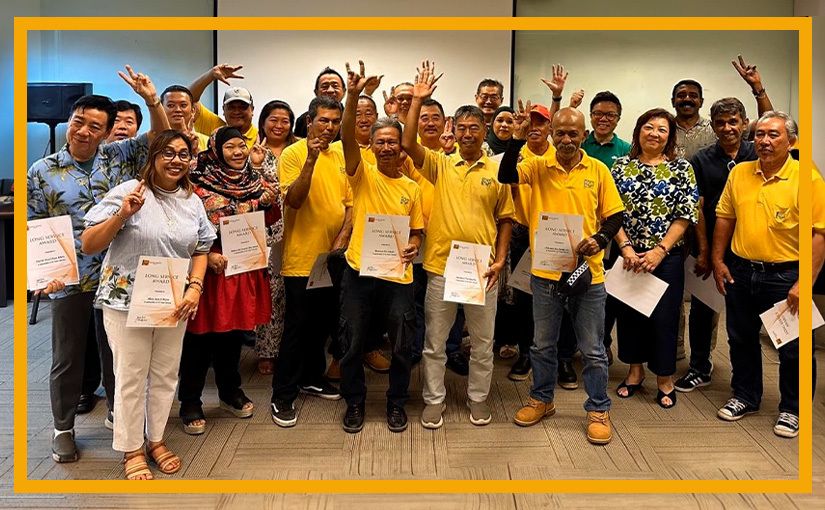Moving to Dubai: Key Things You Need to Know
Moving to Dubai can be one of the most exciting adventures you’ll ever experience in your life. Dubai can offer you all kinds of excitement, even the ones you’ve never imagined before. Nevertheless, this overseas relocation is going to succeed only if you have taken time for planning and preparation. Dubai, being one of the most vibrant and fastest-growing cities in the world, quantifies its experience of modernity and tradition mixed with opportunities. The key aspects of transitioning to live in Dubai safely, either for work, lifestyle, or even family-related reasons, are covered in this article. Let’s elaborate on everything needed to know about relocating to Dubai, from work visas and housing to cultural practices and lifestyle guidelines.
Visas and Work Permits for Moving to Dubai
This is the very first and most important process when moving to Dubai: getting the right type of visa and work permit. What type of visa one requires will depend on the purpose of the move, such as employment, family reunification, or investment.
- Employment Visa: As most expats move into Dubai for the purpose of work, getting an employment visa is part of the overall criterion to achieve. Normally, this type of visa is sponsored by an employer, especially when you are moving to a job. To apply, you will be required to submit your passport, copy of employment contract, medical test results, among others. You will then need to apply for a UAE residence permit, which essentially enables one to live in Dubai legally.
- Family Visa: When you are relocating to Dubai with family members, it is most obvious that you are going to apply for a family visa. The holder of the primary visa, usually the employed spouse, can sponsor dependents like wives, children, and, at times, parents. Dependent visas of this nature require a certain kind of salary and include proof of accommodation.
- Investor Visa: If you were considering investing in Dubai by buying either real estate or by opening your own business, you could also be eligible for an investor visa. These visas are generally valid for three years and could be renewable. It offers the opportunity for long-term residence and is thus very good for those wanting to establish a foothold in the city.
Housing and Accommodation
One of the most important decisions to make in moving to Dubai will be finding a place to reside. The city is outfitted with everything from plush villas to modern apartments. There are, however, a number of factors to consider when choosing your new abode:
- Localities: Dubai is home to many different localities, all having a unique vibe and different amenities to offer. Some of the most favored localities by expats are Downtown Dubai, Dubai Marina, Jumeirah and Arabian Ranches. The localities differ by the kind of housing one can get and each extends from high-rise buildings of apartments to extensive villas, so select one accordingly by your way of living and budget.
- Cost of Living: Living in Dubai can be quite costly, more so when one considers their place of residence. Rent is often payable at the beginning of the period and usually annually in advance. In most cases, it is required that many post-dated checks be provided, sometimes up to four. This is a factor when budgeting and accounting for other expenses like utilities, maintenance, and community fees.
- Furnished vs. Unfurnished: Most rental units in Dubai come unfurnished, but that would mean you will have to put up with spending on furniture and appliances. However, furnished apartments are also available, particularly in districts that expats tend to favor. If you’re moving temporarily or you simply prefer a no-hassle setup, a furnished apartment is the better option.
Cultural Considerations
Dubai is multicultural. Be aware of local customs and traditions—the sooner you understand and respect the culture, the more you can fit in.
- Dress Code: Although Dubai is counted among the liberal emirates as compared to most other Middle Eastern countries, the mode of dressing still has to be modest, especially in public places. Swimwear can be used while going to beaches and swimming pools, but at shopping malls, restaurants, and other public places, the attire will have to respect local traditions.
- Language: Arabic is the official language in Dubai, but English is highly adopted and intensively used in business, and for tourism. It’s proper to know the basic Arabic phrase or two to pay respect to the locals, but most people get by just fine in English.
- Religion: Islam is the official religion of Dubai. The city follows Islamic practices and festivals. For instance, during Ramadan, the holy month, it is forbidden to eat, drink, or smoke in public during daylight. Religious practices must, therefore, be taken into consideration, and respect shown for local customs.
Education and Schools
If you were to live in Dubai with your children, one of the major priorities would be finding the right school. The city has public, private, and international schools for education in Dubai.
- International Schools: Due to the contemporary curricular orientation toward British, American, or International Baccalaureate, most of the expatriates can put their children in typical international schools in most countries. Such institutions promise high schooling standards and are often favored for an expatriate family.
- School Fees: The Dubai education system can be quite costly, especially the international schools. One must consider this when choosing since the school fees differ from school to school or from grade category to another. Other extra costs include uniforms, books, and extracurricular activities.
- Admission Process: The entry into schools in Dubai can be competitive at their best for admission, and many institutions maintain lengthy waiting lists. Applying early and having all the documents at hand, like previous school records, proof of identity, and copies of visas, can help in the admission process.
Dubai has pretty high standards when it comes to the levels of healthcare, with both public and private facilities being on offer. Given the cost, health insurance is a must.
- Health Insurance: Dubai residents must have health insurance provided by their employer or purchased privately. Make sure that your insurance plan protects you against both routine and emergency care costs and caters to all specific needs of your health.
- Medical Facilities: The medical facilities in Dubai range from government hospitals to private clinics. Most doctors and other medical professionals have received their training abroad, and most likely, one is likely to find people speaking English in most of the facilities.
- Pharmacies: Pharmacies are easily found in Dubai and, in contrast to many other places, most medications require no prescription. However, always check for any prescription medicines you may bring with you to ensure that they are permitted in the UAE; some drugs that are legal elsewhere are forbidden in Dubai.
Lifestyle and Entertainment
Dubai is quick and has so much in terms of amusements, eating out, and just having fun. Be it shopping, outdoor activities, or cultural experiences, Dubai has a bit of everything for everyone.
- Shopping: Dubai is just synonymous with shopping, from luxury brands to authentic traditional souks. The city is also home to several shopping festivals all year round, where you can benefit from amazing offers and one-of-a-kind finds.
- Dining: Dubai has a diversity in food scenes and can provide a great feel for international cuisine. Whether you like fine dining or street food, the city has a lot to offer, and most of the restaurants also have special diet options like vegetarian, vegan, and halal places.
- Recreation: Outdoor activities—beach sports, desert safaris, and water parks—are what make Dubai famous. The city also offers top-quality sports options, golf courses, and fitness facilities. In case one is interested in culture, Dubai provides a number of museums and galleries, along with a blossoming arts scene.
Conclusion
Moving to Dubai is a great opportunity, and though somewhat carefully planned, it requires due preparation. Grasping these important facets of life—right from visa requirements and cultural norms—the sudden move can be very easily managed successfully. Whether you are drawn into Dubai by its career opportunities, luxurious lifestyle, or vibrant culture, knowing what to expect will help you make the most of your new life in this dynamic city.
If you’d like to discover the latest information about the moving and relocation world, please also check other industry news from Asian Tigers Group.
Your trusted moving support is only a few clicks away from your hand. Contact the Asian Tigers office near your origin or destination for your next move. You can also check our Frequently Asked Questions resource, AI-powered by Tiger Move Bot.










